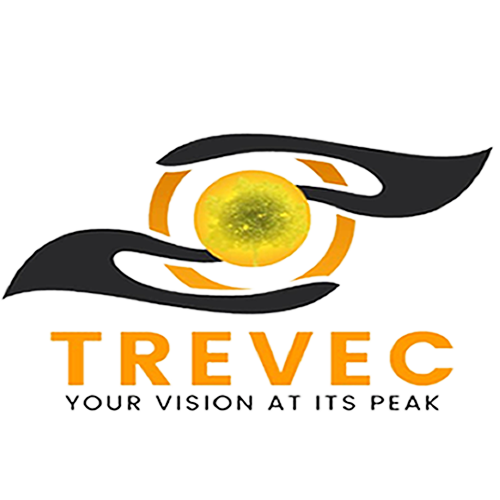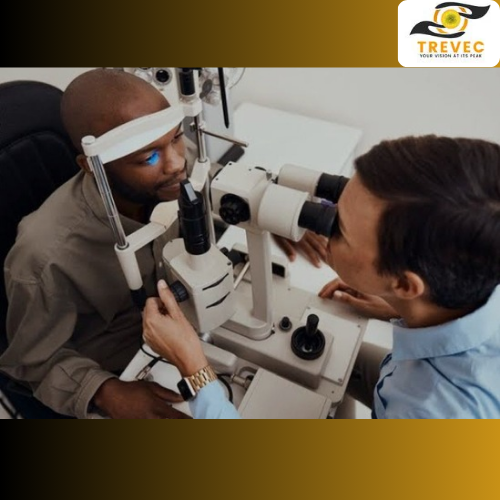Risk factors are the specific factors that increase the likelihood of developing a disease. Some risk factors are unchangeable, such as age, ethnicity, or the presence of another medical condition. That brings us to the question: what are the risk factors of ocular hypertension?
RISK FACTORS OF OCULAR HYPERTENSION
Risk factors for ocular hypertension include:
-Age: Being over 40 years old.
-Pseudo exfoliation syndrome (PXF): protein flakes can accumulate in various organs, including the eyes.
-High blood pressure (hypertension).
-Having a family history of glaucoma or ocular hypertension.
-Diabetes.
-Long-term use of steroid medications.
-Severe nearsightedness (myopia).
-Stress: Recent studies have shown that stress is a risk factor
-A thinner central cornea (the clear “window” of the eye that provides protection).
– Sedentary lifestyle such as screen activities
-Bleeding at the optic nerve head.
– Previous eye injuries or eye surgeries.
-Pigment dispersion syndrome: This condition involves pigment from the iris flaking off, potentially blocking the drainage system.
-Being Black or Hispanic.
HOW IS OCULAR HYPERTENSION TREATED?
The eye doctor may choose to monitor the situation during scheduled eye appointments, prescribe eye drops to reduce eye pressure and continue monitoring your intraocular pressure during regular eye exams. Like all medications, these drugs may have undesired side effects, such as redness or irritation of the eyes. In some cases, if the prescribed medications are ineffective, surgery which employs a laser to open blockages may be necessary to reduce eye pressure.
CAN THE RISKS OF DEVELOPING OCULAR HYPERTENSION BE LOWERED?
Most risk factors for ocular hypertension aren’t modifiable. However, these suggestions encompass tips for overall health and eye health.
1: Regular eye exams: It is crucial to schedule and attend regular eye examinations for early detection
2: Smoking: Avoid smoking, as it is harmful to your eyes. Seek assistance from your provider to quit smoking.
3: Eye Health: You can safeguard your eyes by:
a: Wearing sunglasses.
b: Using protective eye gear for work or contact sports.
c: Being aware of a family history of eye conditions like glaucoma or macular degeneration.
d: Rest your eyes when using screens. Adhere to the 20-20-20 rule: every 20 minutes, look at something 20 feet away for 20 seconds.
e: Take precautions to prevent eye infections, especially if you wear contact lenses.
BOTTOM LINE
Regular eye exams are essential for everyone, especially those with ocular hypertension. While ocular hypertension has no cure and no symptoms, an Optometrist can manage and monitor the condition. It is also crucial to use the medications prescribed as directed. Individuals with ocular hypertension may be at increased risk of developing glaucoma, but not everyone with ocular hypertension will automatically develop glaucoma. With proper care, individuals can manage their overall health better, preventing ocular hypertension from progressing to optic nerve damage, vision loss and reducing the risk of other complications.
Regularly monitor your eye pressure at TREETOP VISION EYE CENTER (TREVEC), the best eye clinic in Utako, Abuja.
Would you like more information on this topic or related conditions? Let us know in the comments.
TREVEC CARES!!!



awesome